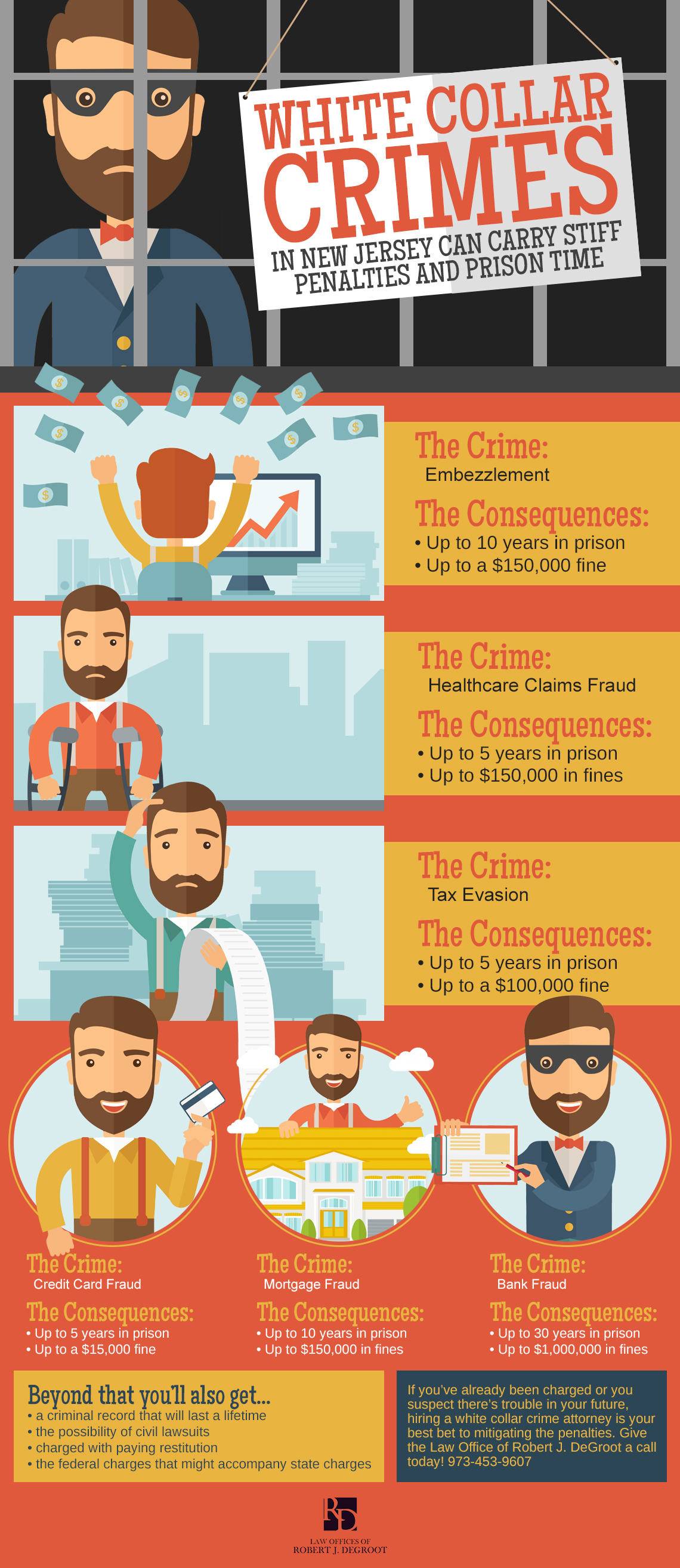Recognizing The Process: A Regular Separation Case Timeline
Recognizing The Process: A Regular Separation Case Timeline
Blog Article
Composed By- pop over here
As you start the journey of navigating a divorce case, you may find yourself wondering about the timeline that exists ahead. From the preliminary phases of submitting files to the complexities of settlement and the possibility for a trial, each step holds its very own collection of difficulties and uncertainties. Recognizing the series of occasions can aid you prepare for what's ahead and prepare for the twists and turns that might occur in the process.
Initial Filing and Solution of Papers
When beginning the separation procedure, the first step is the initial declaring of the required records with the court. This action formally starts the lawful procedure and sets the divorce situation moving. You have to send kinds that describe the premises for divorce, possessions, liabilities, revenue, expenses, and any other appropriate details needed by the court.
After filing these documents, copies need to be served to your spouse, educating them of the separation process. This solution can be done via a process server, constable's office, or licensed mail, making sure that your spouse is formally alerted of the separation case against them.
Once the files are submitted and served, the court will certainly offer a situation number and appoint a court to look after the situation. It's critical to accurately finish and submit these records, as any mistakes or omissions can postpone the separation process.
This first step lays the foundation for the legal dissolution of your marriage, noting the beginning of a possibly challenging however needed process.
Exploration and Arrangement Phase
Throughout the Discovery and Settlement Phase of a separation situation, both events take part in collecting details and trading pertinent papers to much better understand each other's monetary conditions and other pertinent information. This stage is vital as it sets the foundation for settlements and prospective negotiation arrangements. With approaches such as interrogatories, ask for manufacturing of files, and depositions, each party intends to discover facts, possessions, financial obligations, and other essential details that might influence the instance's result.
Arrangements throughout this phase often include conversations on different problems like property department, kid wardship, visitation schedules, and financial backing. Both parties may deal with their lawyers to explore settlement alternatives, possibly avoiding the demand for a test.
https://www.law.com/newyorklawjournal/2022/01/12/criminal-defense-lawyer-nearing-retirement-suspended-for-3-months-for-neglecting-imprisoned-clients-civil-matters/ or collective legislation processes may additionally be used to promote productive discussions and get to mutually appropriate arrangements. It's important to approach this stage with transparency, sincerity, and a determination to jeopardize to accomplish a smoother resolution and lessen the emotional and economic toll of an extensive court battle.
Trial and Last Resolution
Moving forward from the Exploration and Negotiation Stage, the Trial and Last Resolution phase notes the end result of your divorce situation. This phase is where unresolved concerns are brought before a judge to make decisions on issues like property division, kid custody, and assistance. The test typically entails offering evidence, witness testimonies, and lawful debates to sustain your situation.
Throughout the test, both celebrations will have the chance to offer their positions and counterarguments. It's essential to be prepared, as the court's choice will substantially affect the last end result of your separation.
Complying with the test, the court will release a final judgment that lays out the terms of the separation, including any financial negotiations and guardianship setups.
As soon as the judgment is released, the separation is wrapped up, and both parties are legally bound by its terms. While the trial phase can be demanding and emotional, it's an essential action towards getting to a final resolution and moving forward with your life post-divorce.
Verdict
In conclusion, navigating a separation case includes a collection of actions from filing first records to getting to a final resolution. Recognizing the timeline of events can help you prepare for what to expect throughout the procedure. By being aggressive, looking for legal assistance, and staying notified, you can browse the complexities of separation procedures with confidence and clearness.
